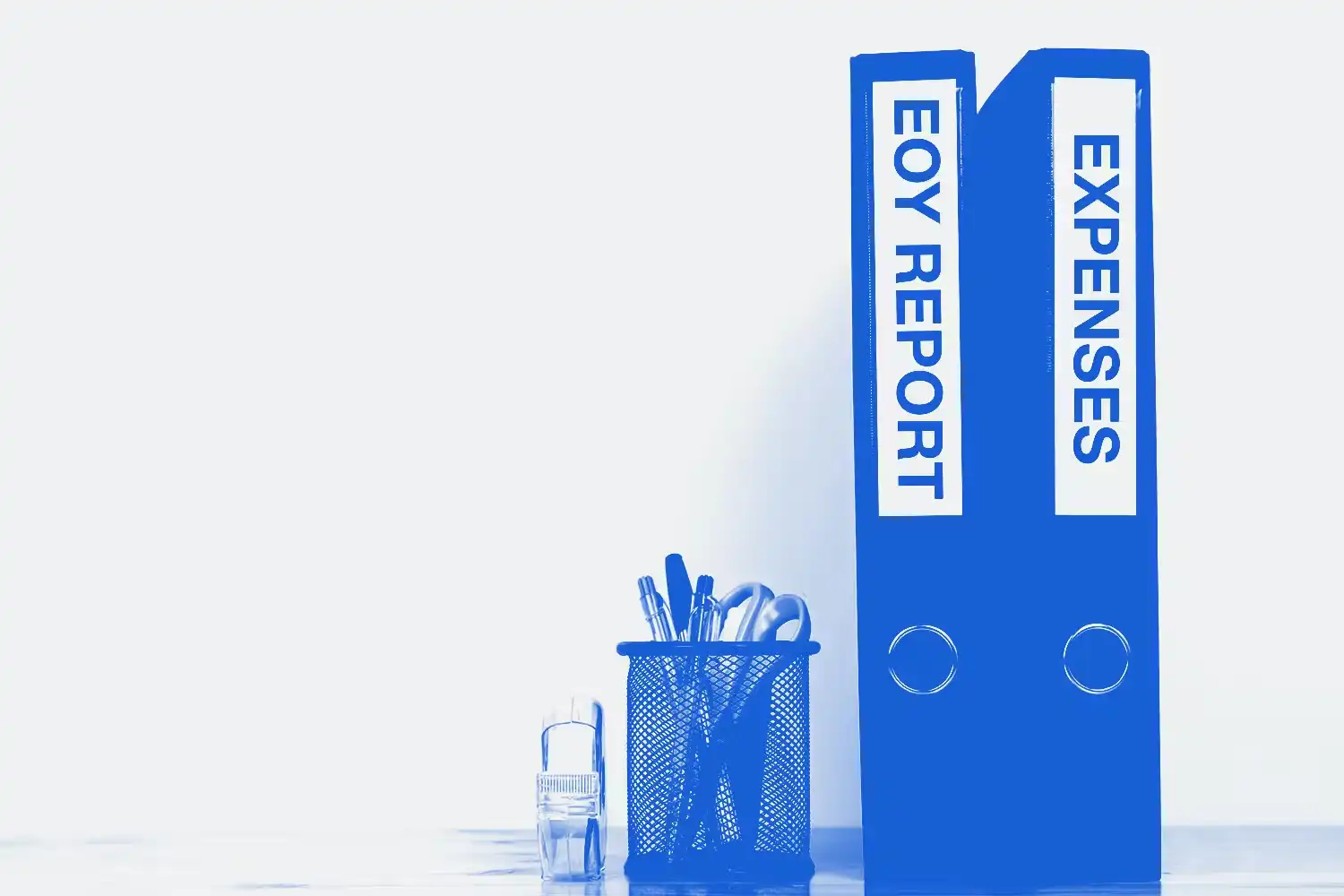
7 Reasons to Open a Business Bank Account

As a small business owner, you have a lot to manage— including your business’s finances.
One of the best moves you can make is opening a separate bank account for your business. A business bank account is a checking or savings account specifically designed for business use. By separating your personal and business finances, you can manage your cash flow, present a more professional image to clients and investors, and open up new opportunities for growth.
In this article, we’ll look at some big advantages to opening a business bank account, as well as some basic tips on what you need to make it happen.
Reasons to Open a Business Bank Account
In many ways, a business bank account is like a personal bank account. Both types of accounts allow you to deposit and withdraw money, write checks, and access your funds online or through ATMs. While keeping everything in one place may seem easier, keeping your business funds in a separate account designed and designated for business has numerous advantages.
Get a Jump Start with Fee-Free Business Banking
You don’t need to worry about account fees, overdraft fees, or wire transfer fees.
1. Business accounts keep your finances separate.
When you’re running a small business, it’s important to keep your personal and business finances separate.
A business account makes it easy to track your business income and expenses and manage your cash flow. Seeing how much money your business is bringing in and spending can help you make better informed decisions that lead to success.
Additionally, a separate bank account can help tremendously when tax season comes around. The last thing you want as a business owner is IRS troubles, and commingling your money can lead to just that. A separate bank account will give you a clearer picture of the expenses you can write off, saving you time and reducing the risk of costly errors.
2. Business accounts protect you from personal liability.
One of the main reasons to open a business bank account is to protect yourself from personal liability. If you’re operating as a sole proprietorship and using a personal bank account for business transactions, you may be personally liable for any debts or legal issues that arise from your business activities. This means that your personal assets, such as your home or car, could be at risk if you’re sued or if your business goes bankrupt.
By having a separate business bank account, you can help protect your personal assets from these business liabilities. A business bank account shows that you’re running a legitimate business and can help you establish a clear separation between your personal and business finances. All of this can be important if you’re audited by the IRS or if you’re involved in a legal dispute.
3. Business accounts help you gain credibility amongst customers and vendors.
Maintaining a professional and credible image is important for any business, no matter how small or large. A business bank account can help you project a more professional image to your clients, vendors, and investors. It shows that you’re serious about your business and that you have a separate entity that’s distinct from your personal finances.
4. Business accounts allow you to grow your business with ease.
As your small business grows, you may need to delegate some financial responsibilities to your employees. A small business bank account can make it easier to manage these responsibilities by allowing you to add multiple signers to the account.
5. Business accounts give you more ways to process payments.
As a business owner, you want to make it as easy as possible for your customers to pay you.
One of the main advantages of having a business bank account is that you can set up a merchant account, which allows you to accept credit and debit card payments. This can be especially important if you’re running an online business or if you sell products or services to customers who prefer to pay with credit cards. By accepting credit and debit card payments, you can expand your customer base and increase your sales.
In addition to credit and debit card payments, a business bank account can also provide you with other payment options. For example, you can set up direct deposits for your employees or accept electronic payments from vendors or suppliers. These payment options can help you streamline your financial transactions and avoid the hassle of dealing with checks or cash.
6. Business accounts give you access to more banking services.
Business bank accounts often come with additional services that can be beneficial for your business, such as merchant services, payroll processing, and business credit cards. These services can help you save time and money while improving your business operations.
7. Business accounts help you gain credibility with financial institutions.
Customers and vendors aren’t the only ones who can get a sense of your credibility from your business bank account. Having a business bank account can help you build a relationship with a financial institution, which can make it easier to apply and get approved for commercial financing, should you need it down the line.
For one, you’ll form a relationship with the professionals at your bank or credit union that are well-versed in all things business finance. These experts can guide you through picking the best loan or line of credit for your business.
Secondly, your business bank account helps lenders get a clear understanding of your business’s financial health, helping your chances at getting approved for credit. It’s an important way to prove to lenders that you are a credible entity that understands how to handle money.
What do you need to open a business bank account?
Opening a business bank account is a relatively straightforward process, but there are a few things you’ll need to have on hand to get started. Here are the basic requirements for opening a business bank account:
- Business identification: You’ll need to provide proof of your business identification, such as a tax ID number or employer identification number (EIN). You may also need to provide a copy of your business registration or incorporation documents.
- Personal identification: You’ll need to provide personal identification, such as a driver’s license or passport, for each signer on the account.
- Business banking history: If you’ve had a business bank account in the past, you’ll need to provide information about your banking history, including your account numbers and balances.
- Initial deposit: You’ll need to make an initial deposit to open your account. This amount can vary depending on the bank and the type of account you’re opening.
- Additional documentation: Depending on the bank and the type of account you’re opening, you may need to provide additional documentation, such as a business plan, financial statements, or articles of incorporation.
Before opening a business bank account, it’s a good idea to shop around and compare different banks and account options. Look for a bank that offers the services and features you need, such as online banking tools, no fees, and good customer service. (Amplify Credit Union offers all of the above!) You may also want to consider factors such as the bank’s location and accessibility, as well as its reputation and reliability.
Grow Your Business with a Bank Account
Opening a business bank account is a critical step for any business owner. It provides numerous benefits that can contribute to the success and growth of your business. From separating your personal and business finances to improving cash flow management and protecting your personal assets, a business bank account offers essential advantages that can help you stay organized and make informed financial decisions.




